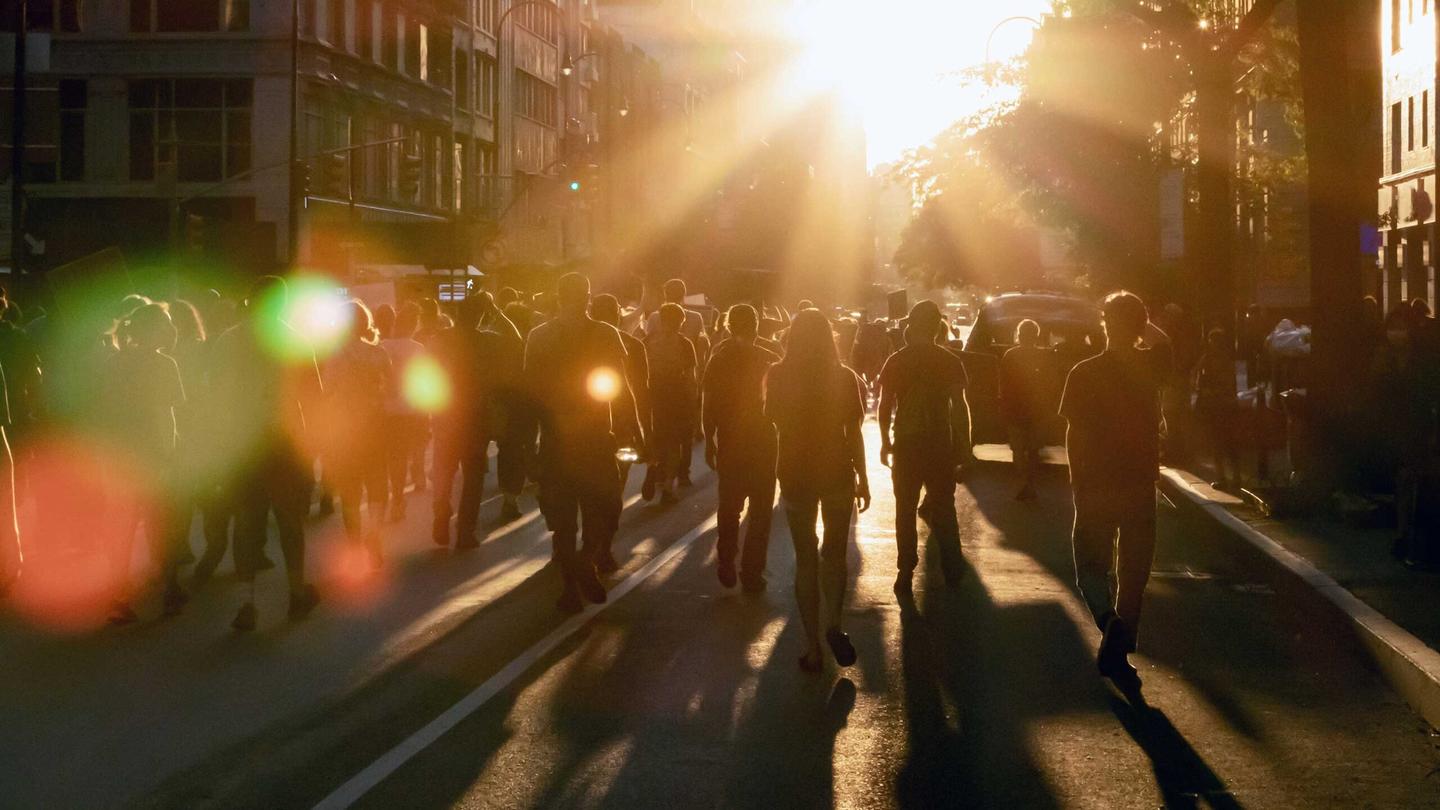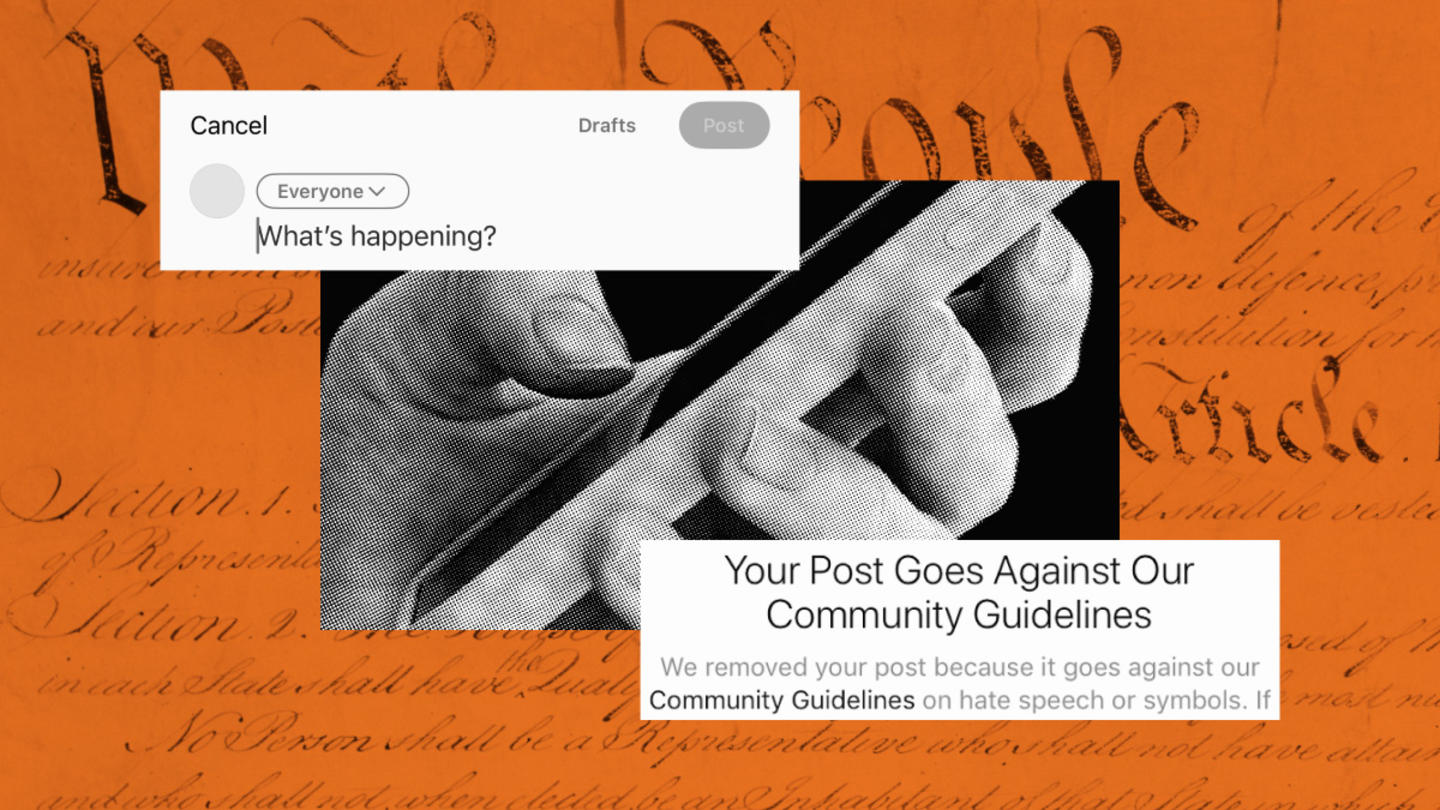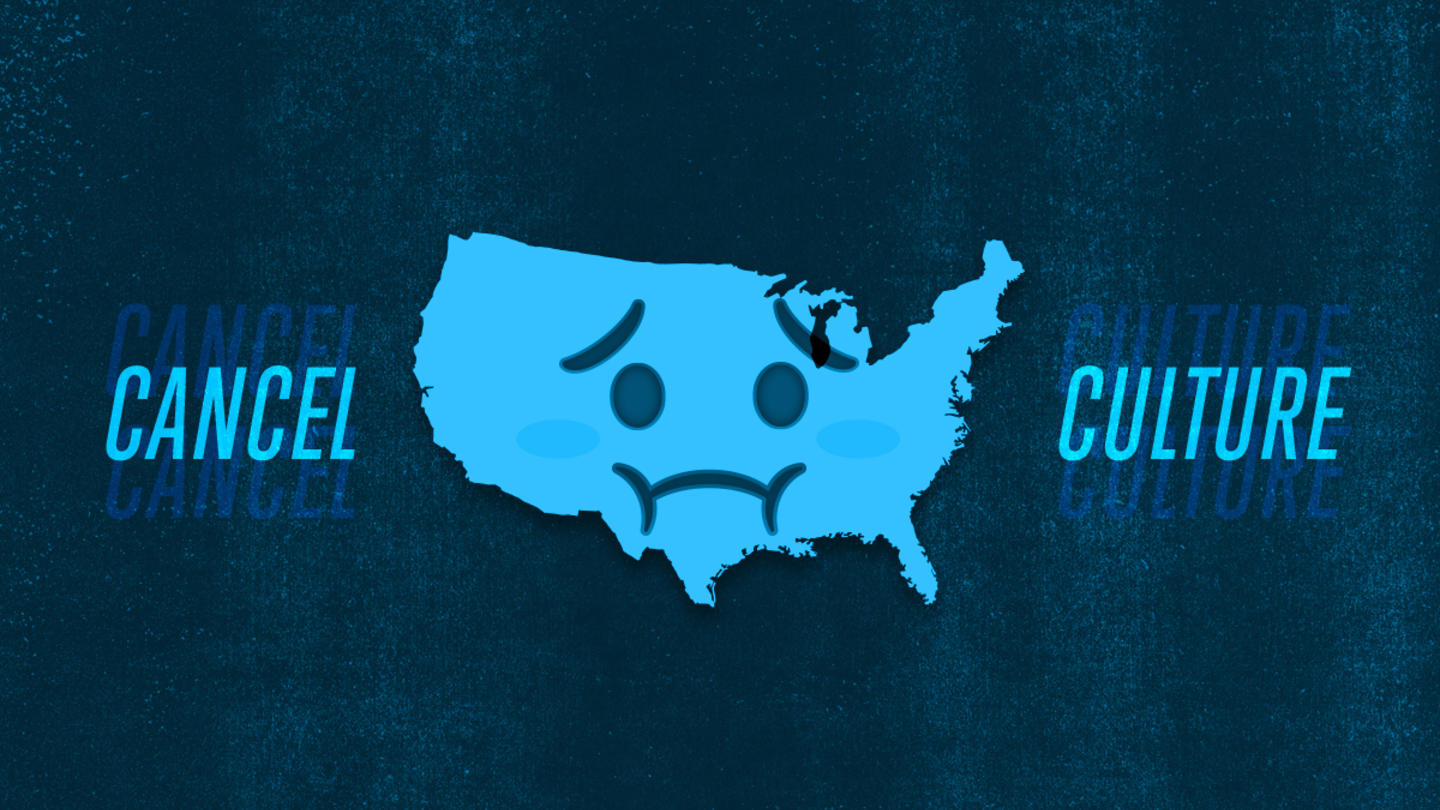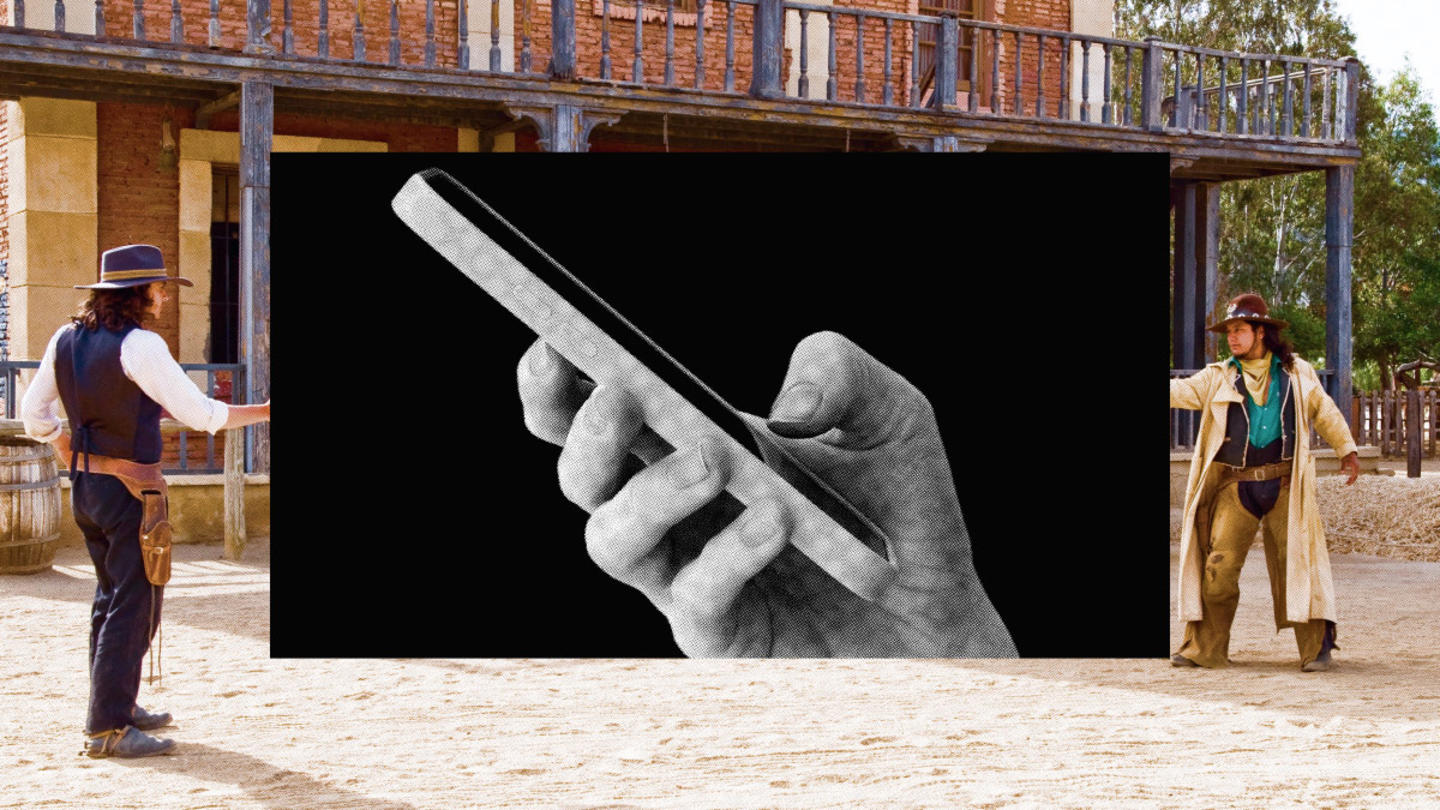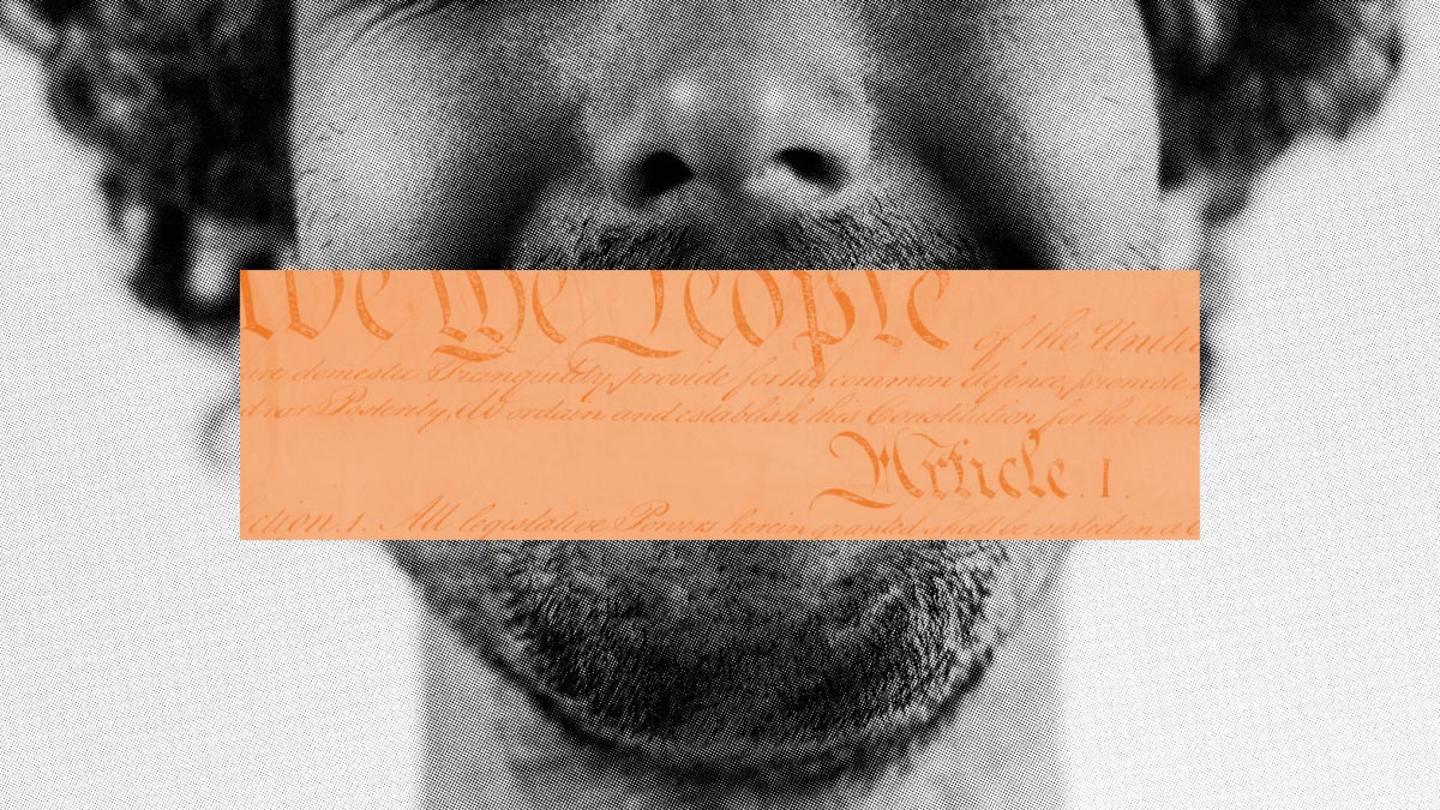August 12, 2017 was a tipping point.
The country was more divided than any time in recent memory, and it was erupting into political violence.
On that day hundreds of self-proclaimed white nationalists gathered in Charlottesville, Virginia to rally against the city's proposed removal of a Confederate statue. One of them drove a car into a crowd of peaceful counter protestors, injuring many and killing a young woman.
The tragedy made clear to many changemakers, philanthropists, and other leaders who were already working on helping Americans bridge divides that we needed greater focus and more resources dedicated to pluralism — to understanding the roots of intolerance and discovering how people can address their differences peacefully and constructively.
Shortly after the attack, the Charles Koch Institute united with a diverse group of partners including the Anti-Defamation League, Ford Foundation, and Soros Fund to walk alongside people in communities most affected by extremism to better understand the causes and to discover new tools to prevent related violence.
The initiative, Communities Overcoming Extremism, showed the power of working alongside partners who disagree on any number of issues but share a commitment to protecting equal rights and creating a culture of respect and belonging. The resulting report showed the ways different private and public leaders were grappling with these issues and revealed where work still needs to be done.
Five years later, the movement around bridging divides has only grown. Several of our partners are showing what it makes possible. Here are two.
New Pluralists offers a new way of funding to bridge divides
New Pluralists is a collaborative of funders and community leaders working to build a culture of belonging. One of the primary features is partnering across differences. The group supports researchers, faith leaders, local networks, and other groups that make up the growing field of pluralism. Though they come from different sectors and different views, they're all discovering innovative ways to bridge divides such as race, religion, and belief.
Founding members of the community included 10 core funders and more than 40 field leaders, including StoryCorps, the Brennan Center for Justice, The People's Supper, Faith in Action, Millions of Conversations, and more. They launched in 2021 with a commitment of $100 million over 10 years. The outpouring of interest has only grown since.
"Like the rest of the country, we may disagree on important issues," said Sarah Cross, vice president of Free Speech & Peace at Stand Together and a New Pluralists board member. "Coming from different backgrounds and perspectives, we bring varying and sometimes conflicting ideas on how to accomplish the goal. Rather than conformity or consensus, our differences strengthened the strategy and allow us to model the kind of productive collaboration we support in society."
Local listening tour to bridge divides and overcome extremism on a national scale
Four former Directors of the White House Domestic Policy Council under Presidents George W. Bush, Barack Obama, and Donald J. Trump — together with four Presidential Centers or Foundations (Presidents Barack Obama, George W. Bush, William J. Clinton, and Gerald R. Ford) — are launching a citizens' initiative to address toxic division and build resilience in our communities.
In USA Today, John Bridgeland, Cecilia Munoz, Joe Grogan, and Melody Barnes write:
The purpose of our initiative is not to reinvent wheels on an industrial scale. It is to find and harvest the hope that Americans are already producing. We will begin with an initial phase of listening and learning, starting with an exhaustive national search for first-hand testimonials, insights and solutions on the topic of transcending identity-based conflict. And we will ensure such input comes from Americans of every region, race, faith, ethnicity and ideology.
But we also understand that America does not have the luxury of time in confronting these matters. And we know from history – which is littered with hate-fueled violence – that democracies are fragile institutions that require us to trust each other with dignity and recommit to a shared political community with civil dialogue.
The goal of this public effort to gather input from the American people is to produce a country-wide response that greatly expands the scale of effective community-based efforts. We undertake to shape a set of recommendations and begin to implement some breakthrough ideas, focus on what works, and rally Americans to a common endeavor across our differences.
This just begins to scratch the surface. People in every part of the country are continuing to build on the work that helps Americans come together to address the challenges we face.
Learn more about Stand Together's free speech and peace efforts.
